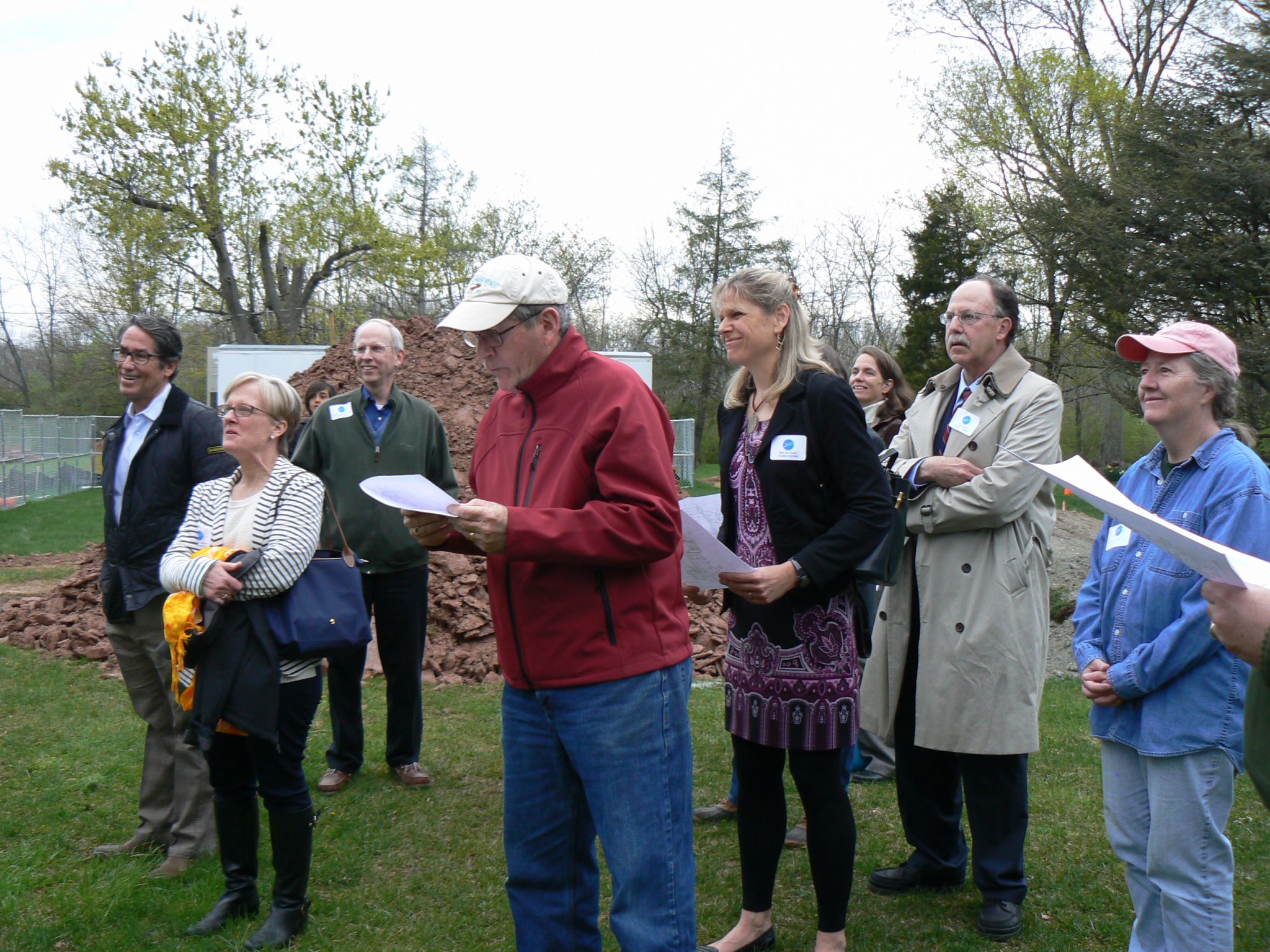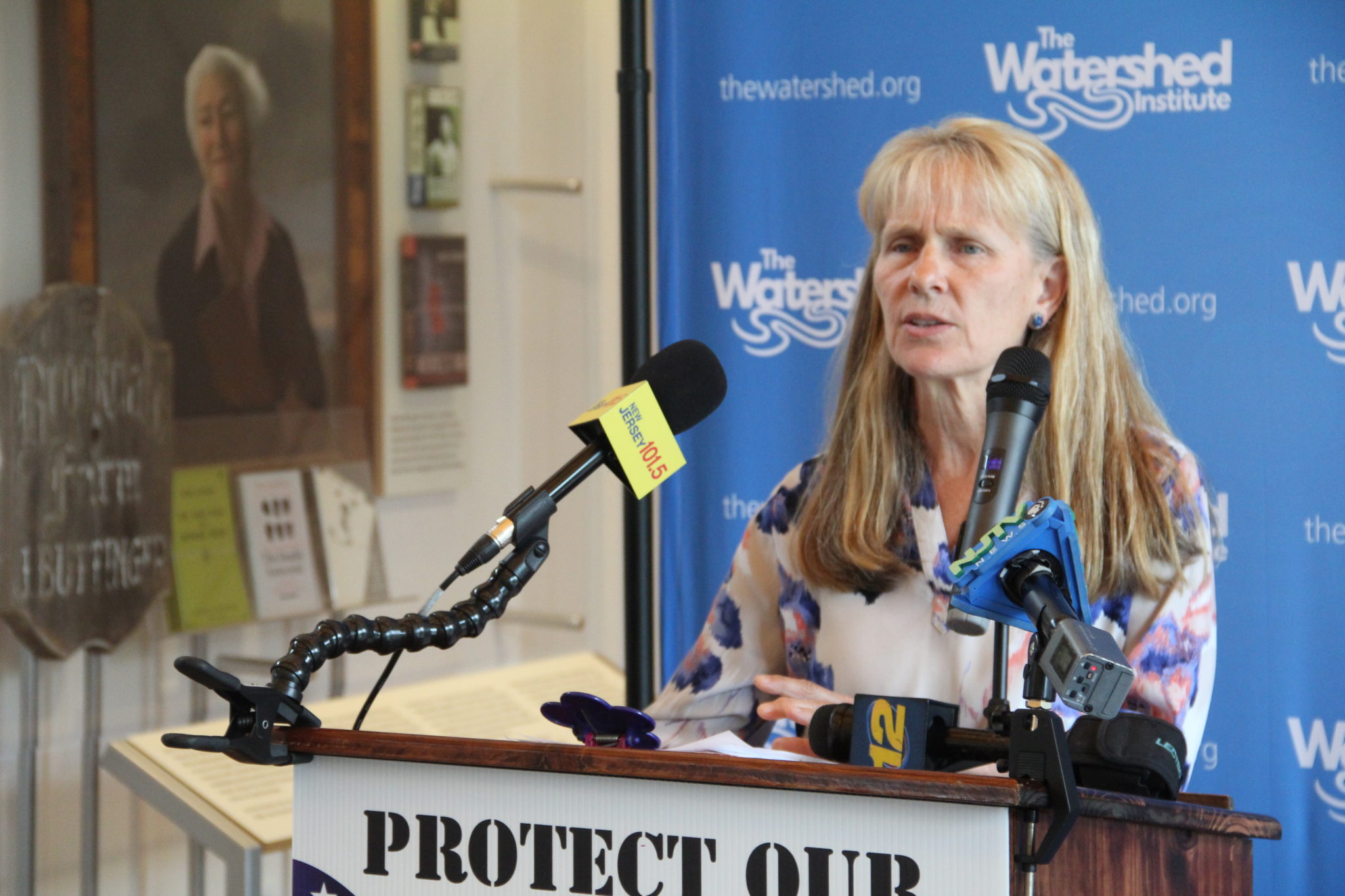New development, particularly the construction of roads, parking lots, and buildings, can cause irreversible damage to streams, lakes, and wetlands. In New Jersey, land use decisions are made at the local municipal level, often by just the few appointed officials who serve on planning and zoning boards as well as the staff engineers and planners who support the boards. These decisions are made through a process of public hearings and comment, and every citizen has the right to participate in their own town.
Have you ever wondered what you can do to protect your watershed? Are you concerned that sprawl and industry are encroaching on important natural areas? Sometimes the best way to have an impact is to act locally.


